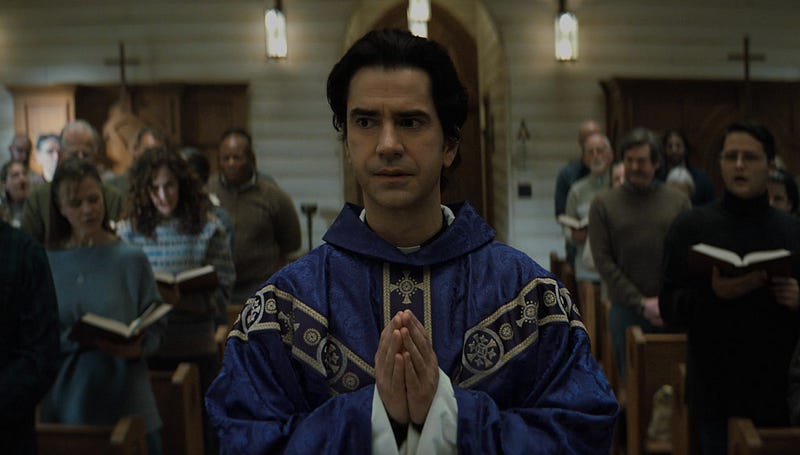‘Midnight Mass’ Is a Chilling and Atmospheric Study of Religion
Mike Flanagan’s third Netflix series may be his strongest yet
Writer and director Mike Flanagan has made a name for himself with his depth of storytelling and his penchant for the macabre. From Doctor Sleep, Oculus, and Ouija, to The Haunting of Hill House, The Haunting of Bly Manor, and The Fall of the House of Usher, Flanagan may be one of the most prolific horror writers of our time behind Stephen King h…
Keep reading with a 7-day free trial
Subscribe to The Gen Z Report to keep reading this post and get 7 days of free access to the full post archives.


